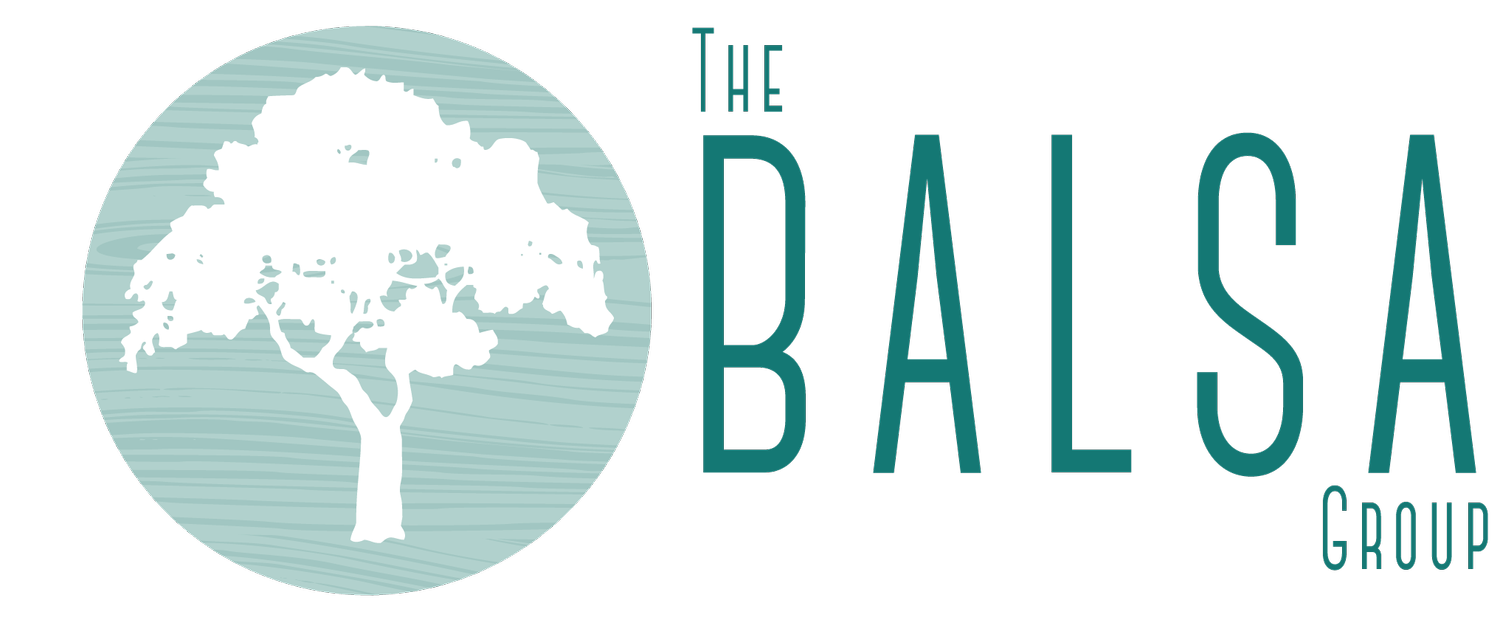What is BALSA?
We are a student-led organization aiming to provide its members with real-world opportunities to experience the business of science. BALSA harnesses the analytical power of graduate students and postdocs by teaching them to apply the systematic, critical thinking approach of the scientific method to business problems to generate innovative, data-driven solutions for clients.
-
BALSA is comprised of advanced degree students and graduates of Ph.D., MBA, Pharm.D., and J.D. programs in the St. Louis region.
-
We work primarily with companies within the greater St. Louis region, striving to keep innovation and talent close to home.
-
BALSA members build transferable skills that make them highly competitive in various job markets.
-
BALSA relies on a team-based approach to answer questions from a variety of angles.
-
We apply our scientific skills to business problems, bringing a fresh perspective to our clients.
Why join BALSA?
We provide hands-on experience in the business of science and technology, focusing on the development of transferable knowledge and skills for post-graduate professions. BALSA projects are intended to help our members develop transferable skills applicable to academic and non-academic career trajectories. Our members learn various skills necessary to deliver recommendations through teamwork and peer-to-peer mentoring with experienced project managers and advisors.
Our Opportunities
The BALSA Group provides educational opportunities for members with various career interests. The skills learned by our consultants are transferable to a wide variety of careers in science, business, and law. Our alumni enter diverse career paths including consulting, academia, venture capital, and business development.
Will joining BALSA affect my research?
We absolutely understand your concern. Both you and your academic mentors may have concerns that committing 6 hours a week to a BALSA project may negatively impact your productivity. However, our retrospective case study on graduates from 2011-2017 in the Division of Biology and Biomedical Sciences (DBBS) at WashU points otherwise. We compared time to graduation and number of publication during graduate tenure among DBBS students, BALSA members, and BALSA board of directors* (BoD). Contrary to fears, BALSA members and BoD graduate not only slightly earlier but also with significantly more publications compared to DBBS students.
*BoD are project managers and advisors who, on average, have completed 6.5 and 10 projects, respectively.




